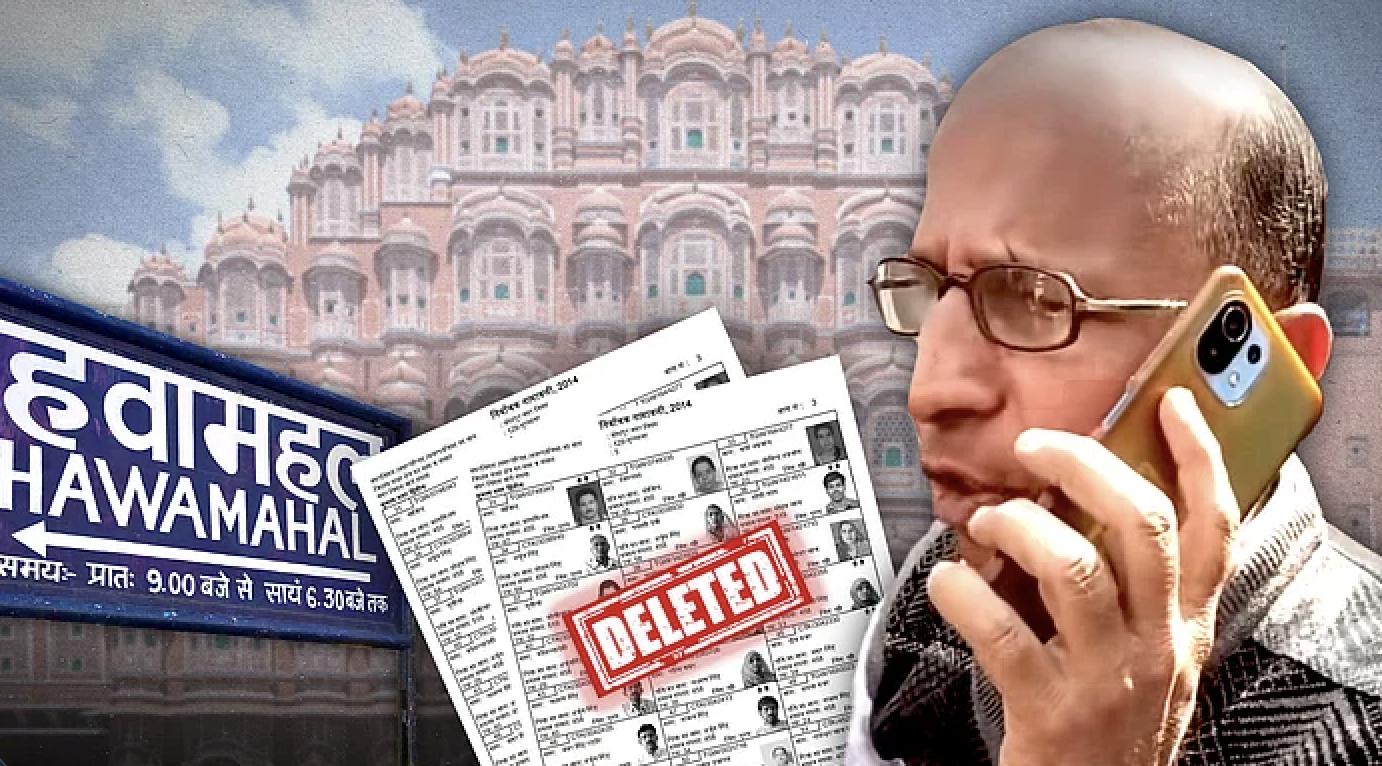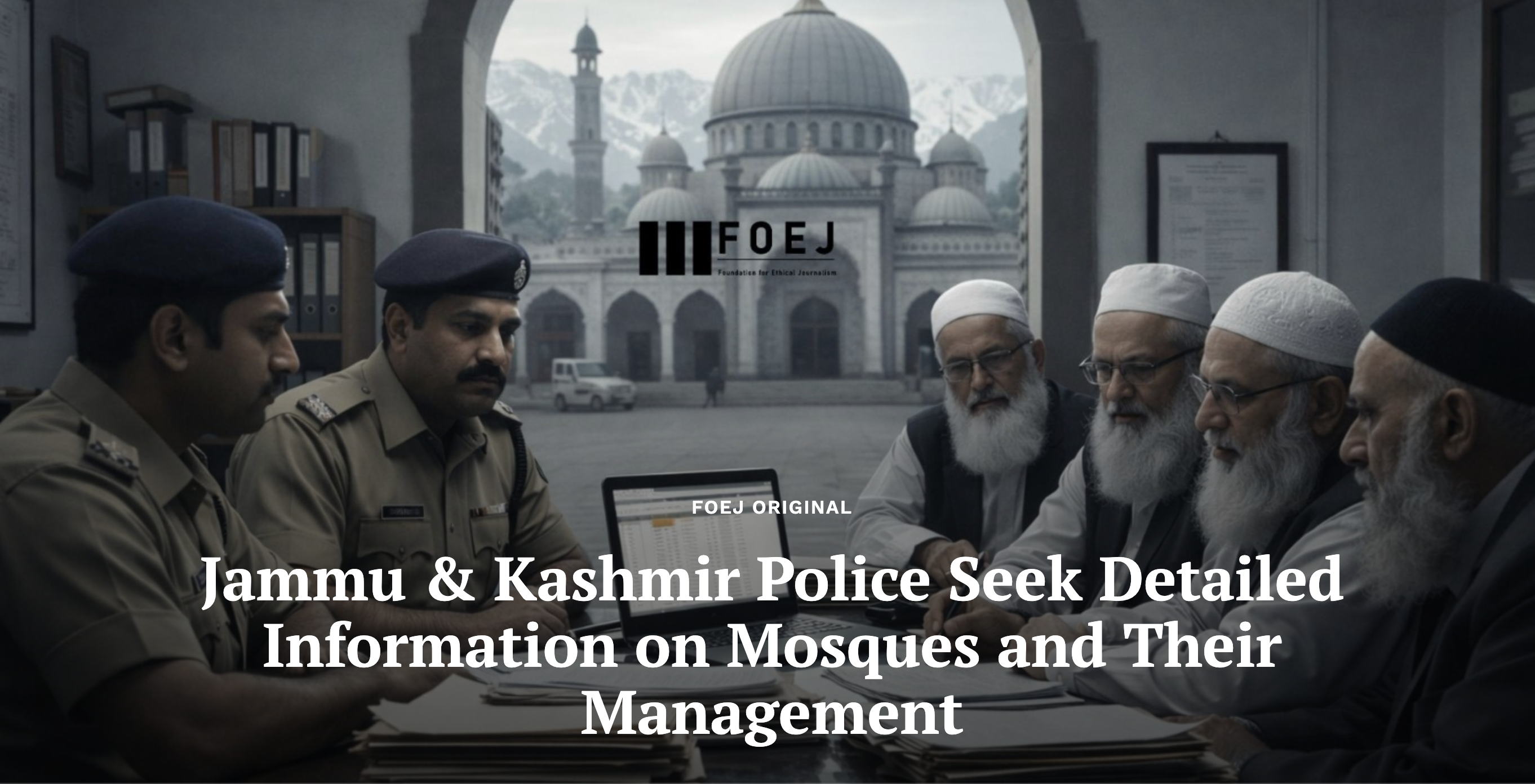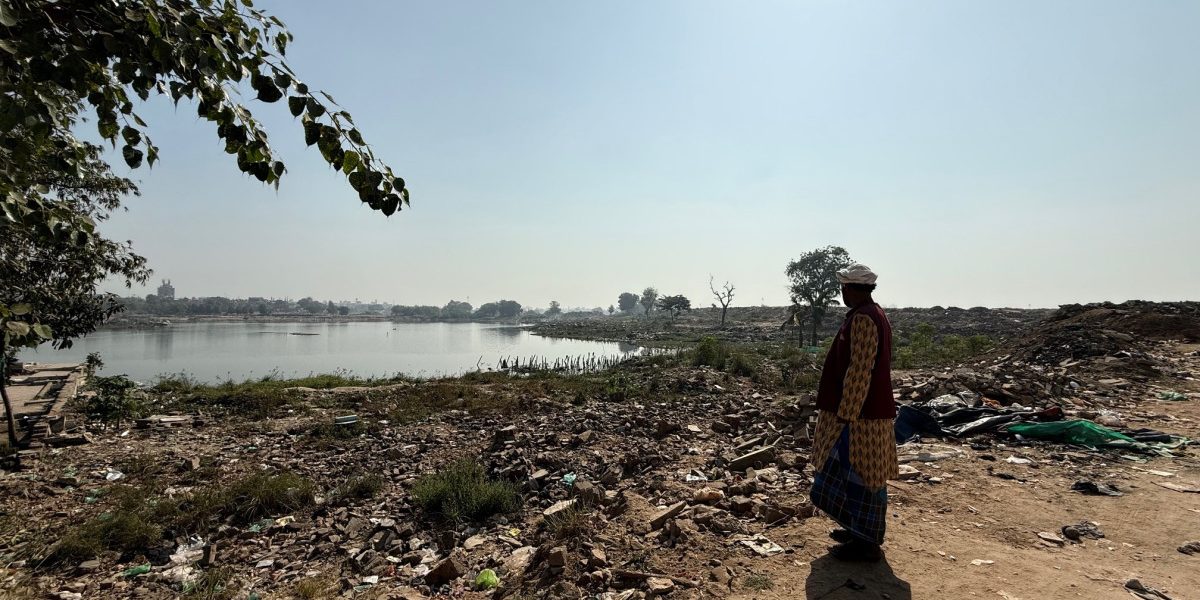
There is no let-up against ‘erring’ NGOs. In the last 6-8 weeks, another batch of high-profile non-government organisations (NGOs) have had their licences suspended under the Foreign Contribution Regulation Act (FCRA), 2010, making them ineligible to receive foreign funds. The spectrum ranges from Muslim organizations like Markazul Ighasathil Kairiyathil Hindiyya, a Kerala-based NGO, to a Christian group in Madurai, the Russ Foundation. Civil rights proponent Commonwealth Human Rights Initiative, as well as the Centre for Wildlife Studies, Bangalore, too have not been spared.
The reasons cited for suspension of licences include “misutilisation” of funds and not having submitted their annual returns in time. The underlying insinuation against the Muslim and Christian groups is that they have been carrying out ‘religious conversions’.Governments being suspicious about NGOs as a ‘destabilising force’ is not unique to the current NDA government. The Congress too has always been wary and had amended the 1976 FCR Act in 2010 to prohibit “any organisation of a political nature” from taking foreign funding. This vague definition was misused by the Manmohan Singh government, when in 2012 the Congress government broke up the environmental NGOs protesting against the Kudankulum nuclear power project, labelling them ‘anti-national’.
However, the big axe came after the NDA took power in 2014. A leaked report from the Intelligence Bureau said credible names like Amnesty International, Action Aid and Greenpeace had undermined India’s international standing by their criticism, and were indirectly responsible for reducing India’s GDP by 2-3%.
On December 4, 2019, in a written reply in the Rajya Sabha, the government admitted that over 5 years, as many as 14,500 NGOs were banned from receiving funds from abroad, and 1,808 of these had had their FCRA licenses cancelled. Consultancy firm Bain & Company, in a survey of India’s philanthropic activity, said there had been about a 40% decline in foreign funding between 2015 and 2018. The government policy to choke these organisations seemed to be working.
Filling in a void
It is indeed unfortunate that the government has adopted a negative attitude towards NGOs when there is a crying need for voluntary intervention. India is wracked by poverty, and discrimination against Dalits and minority communities. Education and health are poorly served. In this situation, the government — with all its sprawling network — has failed over the last 75 years to cover the vast canvas and bring relief to the people. In a situation of critical shortcomings, it is the estimated 3.4 million non-governmental organisations (NGOs) who have been filling the void to provide relief at the time of disaster or crisis. Where the government network fails, the NGOs are filling in. In many ways, they are partnering government to accelerate growth and reduce poverty.
The mammoth role NGOs played was amply demonstrated in the last two waves of the Covid-19 pandemic. In the first wave, when millions of immigrants made their disastrous journeys homes, it was the NGOs who provided succour in the form of transportation, food and relief material. When oxygen and hospital beds were not available, and when there was no support even for the last rites of the dead, the government had gone missing. It was here again that the NGOs and voluntary neighbourhood groups that provided essential support services.
A more liberal policy needed
It is not that NGOs are founts of perfection. Hundreds of NGOs and their promoters are feeding off foreign and government aid, and many have very little compassion for those they pretend to be serving. But then NGOs too are mirrors of the ills of society. A government audit in 2009 had found 883 NGOs to have misappropriated public funds, leading to their blacklisting. The government has the right to demand financial compliance.
However, a few bad apples cannot be the trigger for a general witch hunt. Among those principally in the sights of the Centre are those who question its human rights record. Amnesty International, that has done extensive work all over the world to stem government authoritarianism, was driven out by end September, last year after its bank accounts were frozen.
It is also not a coincidence that the Commonwealth Human Rights Initiative, one of the latest NGOs to lose its FCRA approval, has on its board former Supreme Court Chief Justice Madan Lokur, who is known for his critical stance against the government. He is also the judge nominated by Mamata Banerjee to head the West Bengal state-level probe into the Pegasus snoopgate.
On the other hand, is it just a coincidence that there are no Hindu NGOs on the latest banned list? The proximity of RSS and the Hindu Vishwa Parishad to the government in power is well known, and many RSS’ pracharaks like Manoharlal Khattar and Yogi Adiyanath are chief ministers today. These are NGOs that continue to thrive with foreign funds pouring in despite the disqualification of being organisations of a “political nature”. The double standards are obvious. So are the targets. In its drive against NGOs critical of its policies, the government is snuffing out these non-state players who add diversity to civil society. Voluntary organisations are a resource of alternate opinion essential to enrich a society’s democratic moorings. It is time the government rethink its anti-NGO agenda.
This story first appeared on newindianexpress.com






